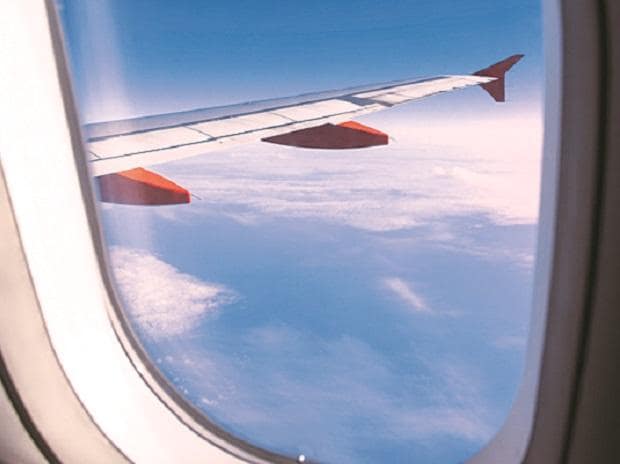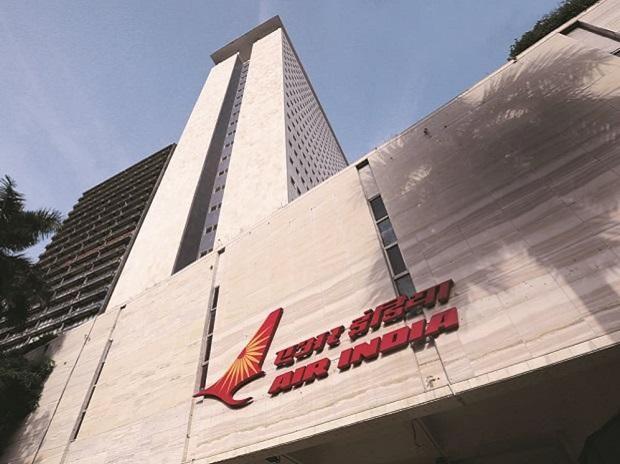Air India, the Tata group airline, has said it will offer premium economy seats when it introduces wide-bodied B777-200LRs to offer more flights to the US.
What is the difference between economy, premium economy, business class and first class seats?
Economy class
All airlines started with first-class seats. Delta Airlines started toying with the idea of accommodating more passengers on a flight by offering smaller seats.
First, it started separate flights for first-class and “coach cabin” travellers. The “cabin coach” came to be known as “economy” class seats. It is the basic class: seats are narrowest and have the least legroom.
It is the cheapest and bestselling class of seats. Air India and Vistara, another Tata-owned airline, offer in-flight meals for economy class passengers, but this is not a common industry practice.
Premium economy class
In 1992, Virgin Atlantic was the first airline to launch premium economy class. Other airlines caught on later.
Premium economy passengers get benefits like a dedicated lounge at the airport, more food options and in several airlines, a more favourable location of seats.
On international flights, the premium economy cabin is away from the economy class. Premium economy seats allow passengers to carry extra baggage. Some airlines allow priority check-in at the airport.
Seat size and legroom may not be significantly different from economy class, but premium economy seats cost more than economy.
In India, Vistara is the only airline that offers premium economy seats.
Business class
These seats are the median between the economy seats and the first-class seats. The service was first introduced by Pan Am and Qantas airlines.
Business class offers recliner seats, angled lie-flat seats, fully flat seats, and cabin seats. The legroom is more than economy and premium economy classes. Dining includes a wider choice of food and drinks. Seats are away from other classes.
Business class is cheaper than first class but costs more than economy. Passengers get reservations at the airport lounge and the option of priority check-in. Business class seats offer in-flight Wifi.
Some airlines also offer chauffeured pick-up and drop-off services to business class travellers.
In India, Air India, Jet Airways and Vistara offer business class seats on domestic flights. Qatar Airways, Singapore Airlines and Etihad Airways are the best-known international airlines for their business class.
Emirates has a dedicated bar for business class travellers.
First class seats
The best seats –usually bought by the rich– offer a thick layer of luxury. The seats are bigger and some airlines even offer individual suites.
The standard of service is the highest in these seats. The standard of food is top-notch with many dishes cooked by Michelin-starred chefs.
In India, Air India used to offer first-class seats on domestic flights but discontinued in 2019.
Singapore Airlines, Lufthansa, Emirates, and British Airways are famous for their first-class seats.
.






 Dear Reader,
Dear Reader,